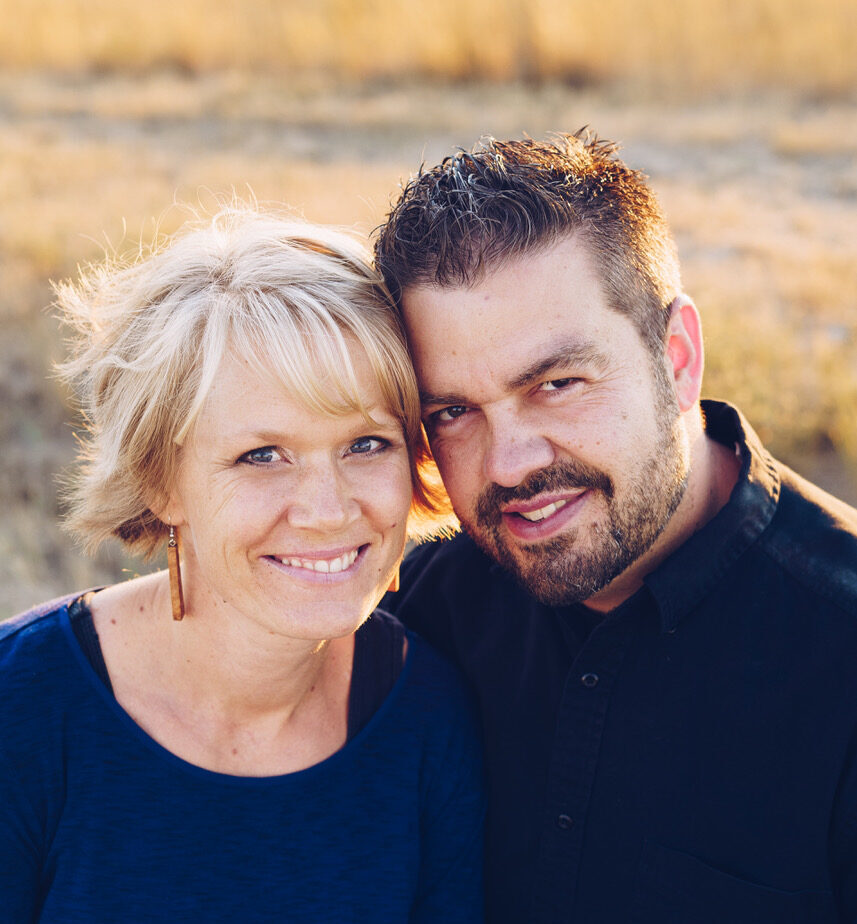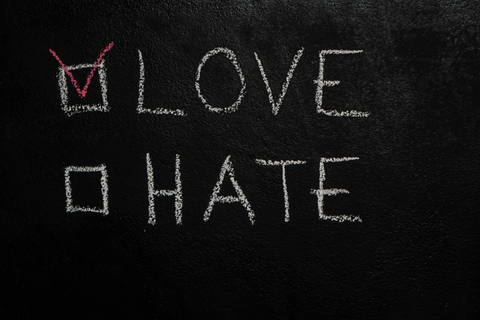
You’re wrong! (So am I.) Now what?
By Jesse Jost
Have you ever stopped to think about how many wrong beliefs you might currently have?
We can be wrong in our judgement of other people: Some have worse character than we assess, other people have more virtue than meets the eye.
We can be faulty in our memories of the past, and very wrong in our predictions of the future.
We can be in error in our views of God and our interpretations of the Bible.
We can have wrong beliefs about what will make us happy and what is truly meaningful.
We can be wrong in our interpretation of causation, with many theories about how the world works that may be way off.
We can be wrong in our understanding of health and nutrition and medicine.
The crazy thing is that while we can fully accept that other people have their heads full of wrong beliefs, it is almost impossible to accept that we are in error!
It Feels so Right!
Continue reading…




